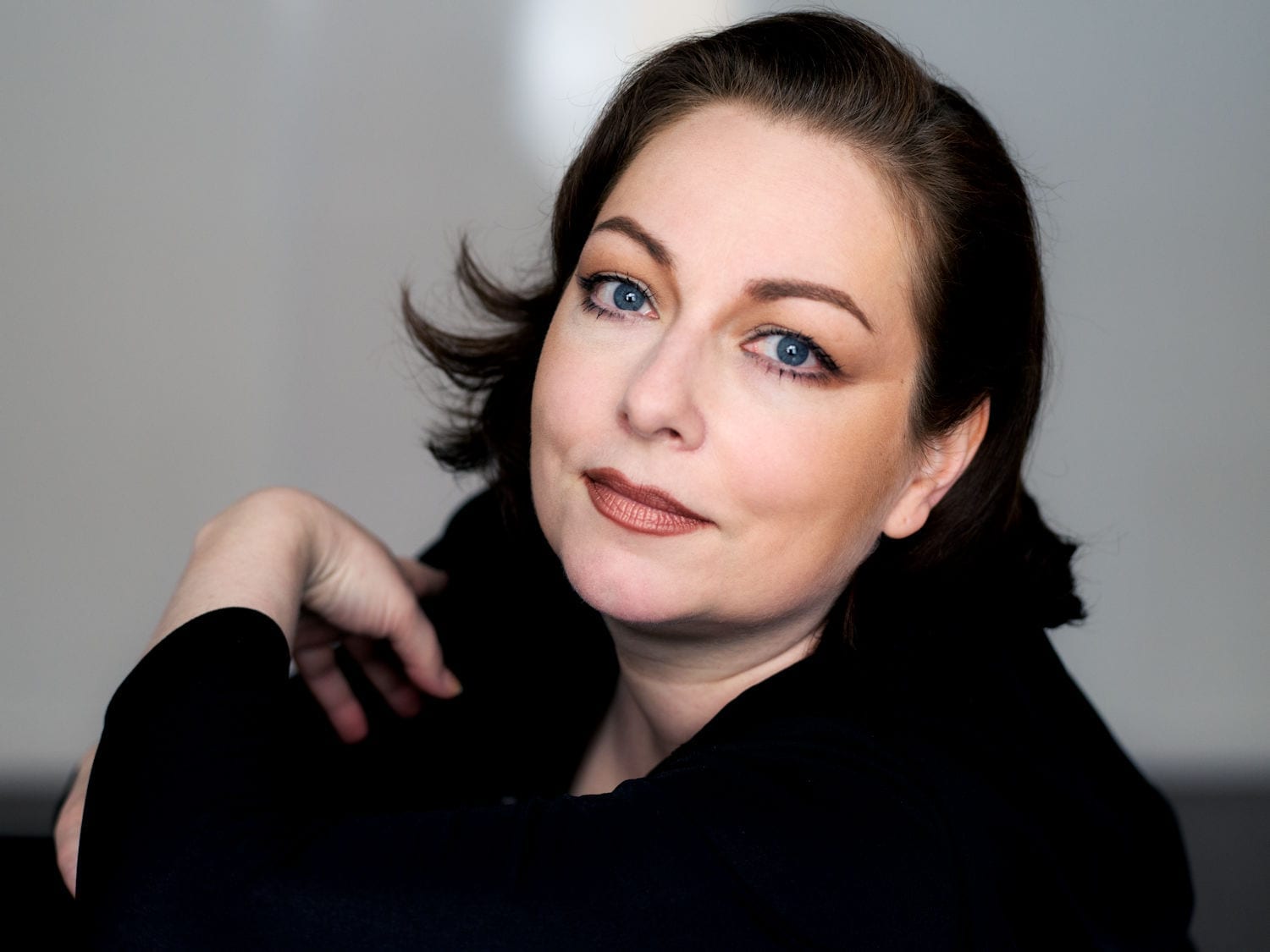
Oxford Lieder Festival 2019 [3] – Mendelssohn, Wolf, Mahler, Schumann & Wagner: Dorothea Röschmann (soprano), Malcolm Martineau (piano). St John the Evangelist Church, Oxford 25.10.2019. (CR)

Mendelssohn – ‘Ach, um deine feuchten Schwingen’ Op.34 No.4; ‘Was bedeutet die Bewegung?’ Op.57 No.3
Wolf – Goethe-Lieder: ‘Hochbeglückt in deiner Liebe’; ‘Als ich auf dem Euphrat schiffte’; ‘Nimmer will ich dich verlieren’
Mahler – Rückert-Lieder: ‘Blicke mir nicht in die Lieder!’; ‘Ich atmet’ einen linden Duft’; ‘Um Mitternacht’; ‘Liebst du um Schönheit’; ‘Ich bin der Welt abhanden gekommen’
Schumann – Gedichte der Königin Maria Stuart, Op.135
Wagner – Wesendonck Lieder
For the penultimate evening of the Oxford Lieder Festival, Dorothea Röschmann gave a heady programme of German-language songs which largely played to her strengths as an opera singer. Many of these songs require the projection of great emotional fervour across expansive musical phrases, even if they are, in fact, intimate and withdrawn in atmosphere. Mendelssohn is a composer probably more associated, in terms of his Lieder output, with a quieter, drawing room style of composition, but the songs chosen called forth from Röschmann compelling, urgent interpretations: the first full of yearning, the second carried along (and almost away) with the excitement of her singing and Malcolm Martineau’s busy and energetic accompaniments.
The three Goethe settings by Wolf were brief but, again, strongly conveyed, and each delivered rapturously by Röschmann. The outer two were more extrovert than the lyrical ‘Als ich auf dem Euphrat schiffte’, but that still bore much passion, and Martineau’s playing at the piano filled out all three songs with an almost orchestral panoply of notes, masterfully handled.
If Mahler’s songs represent an extreme contrast in scale compared with his gargantuan symphonies, the mood he attains is often as intense. But the songs also often comprise a special mood of intimacy and the wide open vowels of Röschmann’s singing – often indeterminate diphthongs on long-held notes – rather obscured their lyrical trajectory. ‘Ich atmet’ einen linden Duft’ was appropriately tender, but those gaping vowels and a rather too bright and metallic timbre marred the ruminative opening of ‘Um Mitternacht’, though Röschmann and Martineau worked up to an impressive, triumphant conclusion. ‘Blicke mir nicht’ opened the clutch of Mahler settings with a less tense and more playful character, providing welcome contrast in the concert’s first half.
The sequence of five songs which constitute the stories of Mary Stuart are Schumann’s last song cycle, written during the time of his mental and physical decline. Whether or not that had an impact upon his composition, they are sombre and fairly colourless settings, albeit that the texts (translations of poems attributed to the Queen herself) are generally subdued and melancholic, as she contemplates her fate. Röschmann’s interpretations were correspondingly reserved, the prayer after the birth of the Queen’s son (‘Nach der Geburt ihres Sohnes’) standing out for its chorale-like solemnity.
Wagner’s Wesendonck Lieder brought great dramatic flair from singer and pianist, sustained over generally longer periods than the other songs in this recital, and a closer, more nuanced reading of the words, which contemplate a similarly Schopenhauerian perspective on the world that was preoccupying Wagner at the time of composition, engaged as he was with Tristan und Isolde. Indeed two of the songs present an early form of material later used in that music drama, but Röschmann characterised them in a more private, relaxed manner, following a radiant account of ‘Der Engel’, and an insistent, driven performance of ‘Stehe still!’. Martineau proved a dependable partner, with shifting colours and textures that gestured in the direction of the orchestral version of these songs, which is perhaps more usually encountered. A wry performance of Schumann’s ‘Die Lotosblume’, Op.25 No.7 was given as an encore.
In general, this was a persuasive recital by Röschmann of some emotionally complex and charged music. But a touch more attention to more introverted passages would made for even more impressive contrasts.
Curtis Rogers
